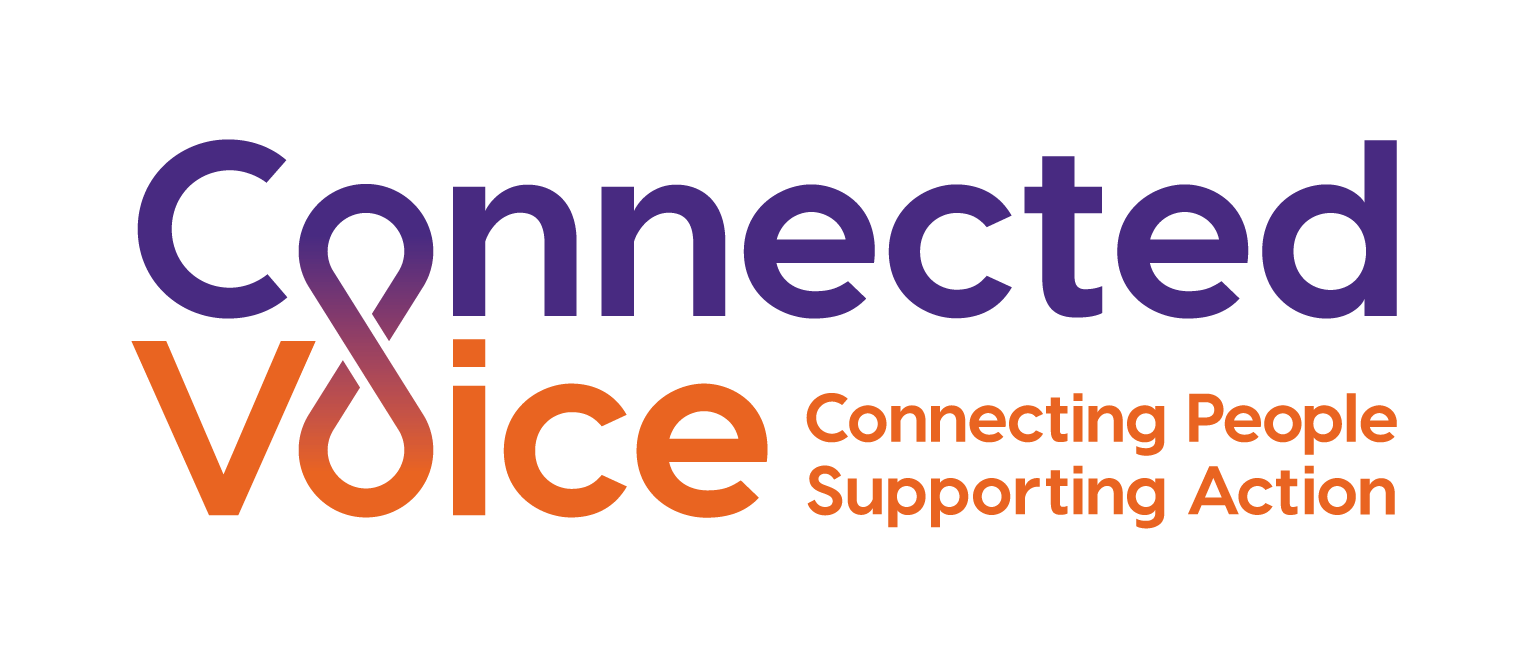Where are all the male advocates? Advocacy and masculinity in a new era of normalised misogyny – some personal thoughts by Gus Ironside, Independent Advocate

In January this year, Meta CEO Mark Zuckerberg, appearing on the massively popular Joe Rogan Experience podcast, commented: “I think a lot of the corporate world is pretty culturally neutered. Masculine energy is good, and obviously, society has plenty of that, but I think corporate culture was really trying to get away from it…I think having a culture that celebrates the aggression a bit more has its own merits that are really positive.”
Zuckerberg’s comments raise some questions for me. What, exactly, is “masculine energy”, and why does Zuckerberg equate it with “aggression”? What does the Meta boss think are the “merits” of having a culture that celebrates aggression?
Masculinity has become a hot topic in the UK in recent years, too. There has been much concern over the popularity amongst teenage boys and young men of the self-proclaimed misogynist and alleged sex trafficker, Andrew Tate, with teachers calling for better support to deal with a rise in misogynistic language and attitudes promoted by social media influencers such as Tate.
Even more strikingly, the USA has just inaugurated Donald Trump as its 47th President, despite the many allegations of sexual misconduct against him. One of President Trump’s first actions was to scrap US Government diversity, equity and inclusion policies.
As a humanist and a feminist, I find myself alarmed and horrified by the increasing promotion and normalisation of misogyny in Western democracies such as the UK and USA. All of this has prompted me to reflect on my work as an Independent Advocate from an angle that I don’t normally consider – the simple fact that I am a man, and the relevance of this to my advocacy practice.
The majority of applicants for advocacy posts tend to be women. For reasons that are not entirely clear, advocacy organisations struggle to attract male advocates, which can limit an advocacy provider’s ability to fully meet the needs of the people we advocate for. As a lifelong voluntary sector worker, I am used to working in mostly female teams and generally just view myself as being part of the team, without much consideration of the fact that I am somewhat of an anomaly as a male worker in a predominantly female team.
Sometimes colleagues ask me how we can encourage more men to apply for advocacy posts. As an advocate with 8 years’ experience under my belt, I do not have any great insights into why so few men are attracted to this deeply fulfilling profession, but I can offer my thoughts on what being an advocate means to me.
In accordance with the Advocacy Charter, Independent Advocates promote social inclusion, equality and social justice as an integral part of our work. At Connected Voice, we are committed to embedding equity, diversity and inclusion in all our strategies, activities and decisions. We promote equity, diversity and inclusion and take steps to challenge discrimination, harassment and victimisation in everything we do.
A commitment to these values is an essential pre-requisite for most advocacy organisations, and the kind of people who tend to be drawn to Independent Advocacy as a profession are typically those with strong beliefs in human rights and progressive values.
We all have our own personal beliefs and values that are the foundation and motivation for the work we choose to do. Connected Voice is a strongly values-driven organisation, committed to amplifying voices and inspiring change. As a humanist, I am delighted that I get to do a job every day that’s completely in tune with my personal values and that enables me to take direct action to empower some of the most vulnerable people in our society.
With the rise of toxic masculinity and the normalisation of misogyny by leading influential figures in our culture, I feel a strong responsibility to reflect on my own advocacy practice from a feminist perspective and think about the potential positive impact I can make as an ally to my female colleagues and any women who I advocate for.
Working as an advocate for me is an endlessly rewarding profession. Every day brings new challenges and dilemmas, but also numerous opportunities to make a difference. In times when society becomes more oppressive, all of us need to reach inside ourselves and align with our core values.
There’s never been a better, or more necessary, time for progressive men to join the advocacy community.










